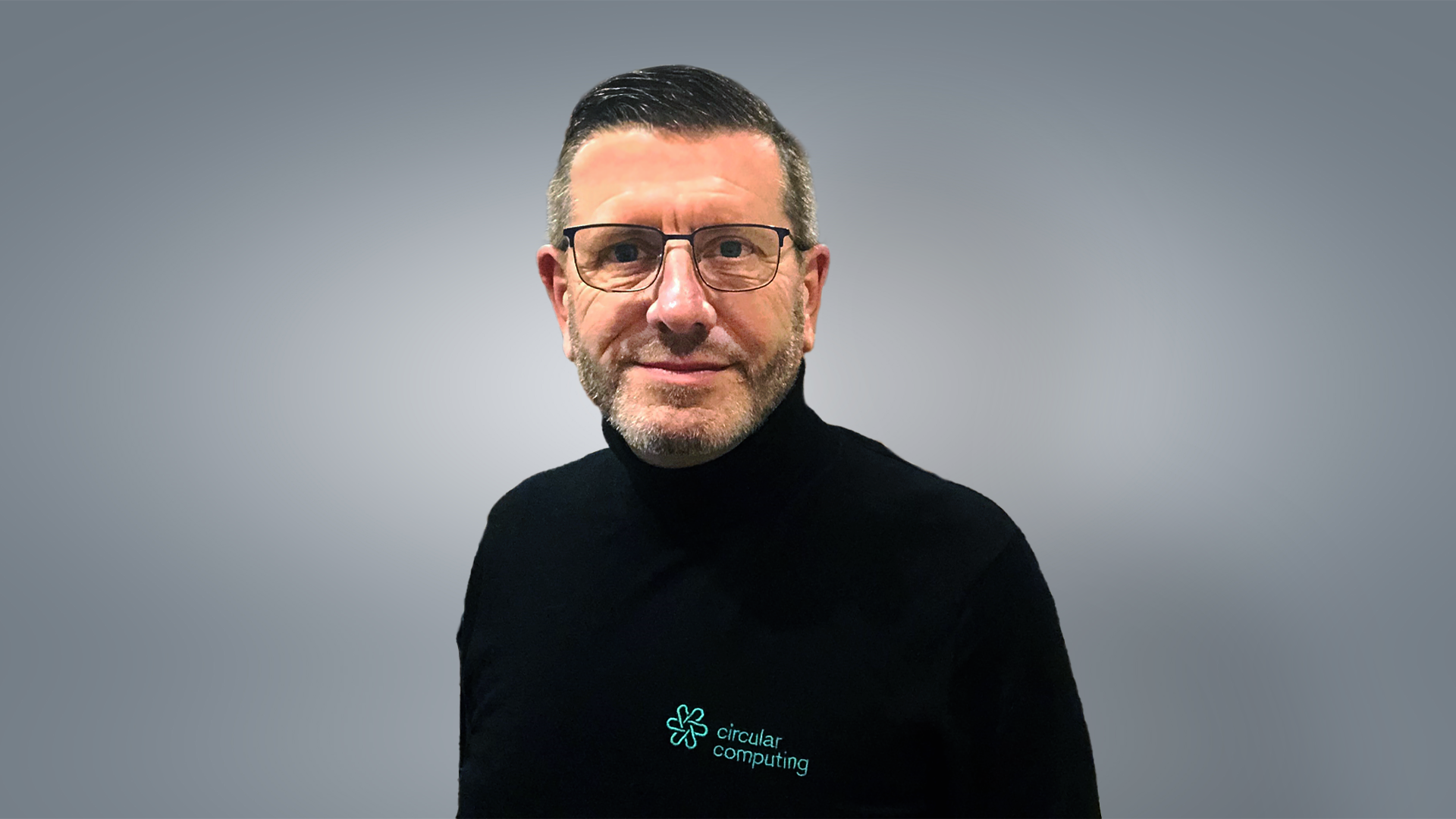Tell us about Circular Computing.
Circular Computing® is the global leader in the remanufacturing and refurbishing of laptops, on a mission to create a more ethical, sustainable and socially responsible way to buy enterprise-grade IT.
What do you think makes this company unique?
We stand out as the only company with a BSI Kitemark™ for both remanufactured and refurbished laptops. The BSI Kitemark for remanufactured laptops certifies that its products are ‘equal to or better than new’ as required by the BS standard BS8887-220 and BS8887-211. Circular Computing’s Circular Remanufacturing Process delivers the real alternative to ‘new’, going above and beyond a cosmetically improved finish to ensure an intense focus on performance and reliability, making us a leading innovator in sustainable tech.
In terms of remanufactured technology, how can this help to promote sustainability?
Remanufacturing helps to return a product near the end of its first life cycle to an ‘as new’ condition instead of being thrown away and contributing to the enormous pile of e-waste. The process addresses the growing e-waste crisis and can help organisations save money and become more sustainable immediately.
This helps keep the cost of raw materials, energy and water to a minimum and saves money by reducing the amount of waste you must dispose of. Not buying brand new can mean existing laptops can be preserved beyond their first iteration, whether used for parts, adequately recycled or remanufactured for a second lease of life, helping to slowly but surely break the cycle of unsustainable consumption and needless e-waste.
For every remanufactured laptop, approximately 316kg (700lb) of CO2 emissions are prevented by not buying new ones. For just 1,000 laptops, that is the same as taking 80 cars off the road for a year. Over 190,000 litres (50,000 gallons) of water is saved from being used for extraction, refining and production of one new computer and its components. To manufacture the necessary materials to create each component of one laptop, 1,200 kg of the Earth’s resources are mined and consumed. Remanufacturing not only prevents the consumption of additional resources but also avoids the e-waste from the disposal of a laptop.
More from Interviews
- Meet Matt Cresswell, Founder Of Power Of Attorney Online
- A Chat with Douglas McGinness III, Founder and Director of AI Creative Studio, Animated Company
- A Conversation with Anthony Yeung, CCO at CoinCover
- A Chat with James Bunting, CEO of Leighton
- Meet Charlotte Lucy Hall, Co-Founder and CMO of Zinc
- Meet Laura Franzese, CMO of Cloud Security Platform: Prowler
- A Chat with Zack van Niekerk, Co-Founder of The Trading Cafe
- Meet Elliott Wilkes, CTO of Advanced Cyber Defence Systems (ACDS)
Can you speak to any specific examples of the work Circular Computing has done?
A recent Circular Computing partnership with King’s College Hospital Foundation Trust helped the NHS Trust cut 126.4 tonnes of carbon emissions and save 76 million litres of water by switching to second-life IT. This demonstrates the significant environmental benefits of remanufacturing.
These benefits are particularly relevant as we approach the government’s announcement of the 10-year NHS plan. The advantages of remanufactured goods have already been recognised in this space, with Leeds Teaching Hospitals Trust improving its finances by £100,000 through buying remanufactured catheters and selling used devices, but medical tools are just the tip of the iceberg. Applying the same approach to tech procurement could save the NHS billions, as remanufactured laptops deliver up to 40% cost savings compared to brand new latest models, while being guaranteed by the BSI Kitemark to perform at least as well as new.
What can we hope to see from Circular Computing in the future?
Currently, only a very small percentage of the laptops bought by larger business and organisations are not brand new. This percentage will exponentially grow over the coming 5-10 years and our world-leading standard of remanufactured laptops means we are well placed to lead this change.
We expect to see other EU governments make the same decision as the Irish government – that only new and BSI certified remanufactured laptops are suitable, with a strong preference for adopting the sustainability benefits of the latter.

